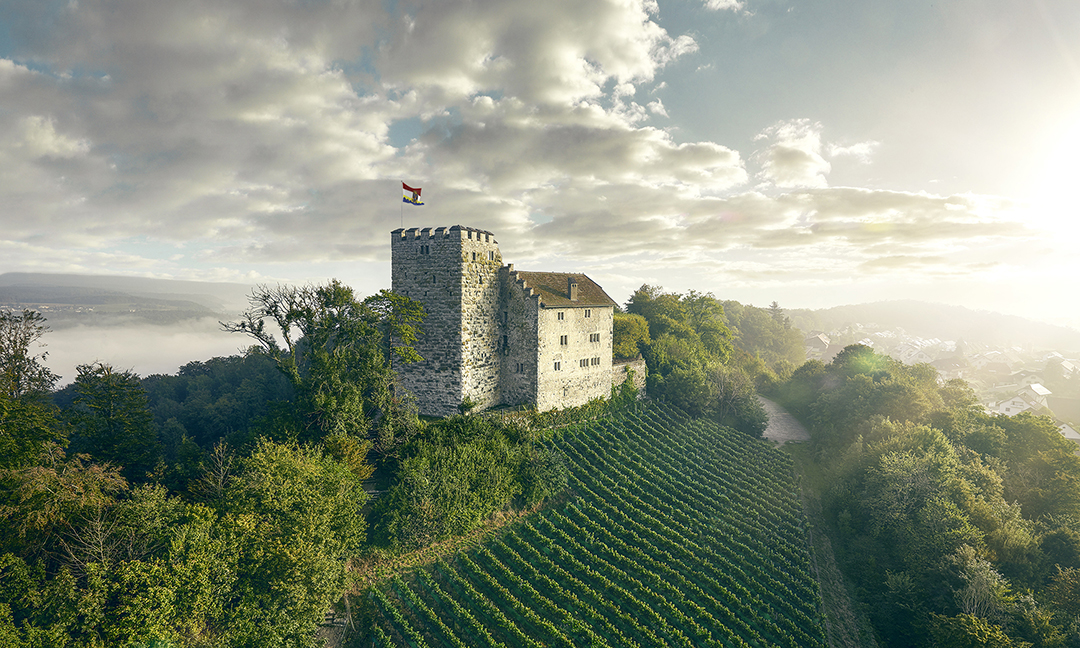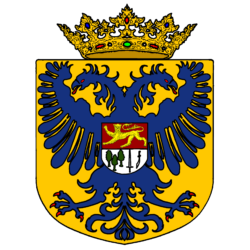
History still influences current affairs. The Habsburg empire under Charles V continued the family’s aim in creating a larger empire and an united Europe, an union of countries. Where often the purpose was to gain further lands and powers, for some it was a method to unite and avoid conflicts. By this time the Habsburg family was represented in one way or another (many through marriages) in most European royal courts.
Charles V is seen by many historians as history’s most powerful monarch in Europe. In his teens he inherited Spain (1516), which was united by his grandparents Ferdinand and Isabella. Shortly after he succeeded his paternal grandfather Maximilian I as Holy Roman Emperor (1519). He was the Duke of Burgundy, Archduke of Austria and he ruled the Netherlands, Bohemia, Hungary, Naples, Sicily and Sardinia. Ruling Spain meant ruling Spanish America with Mexico and Peru as prizes. The Spanish wealth paid for his efforts to unite and control Europe.
However, as a Roman Catholic, Charles V hoped to unite all of Europe in a Christian empire. The French and the English houses did of course not like this concept as it would also mean relinquishing some of their powers to the larger empire and the ruling House of Habsburg. Europe during the renaissance may have had some romantic ideas on governance but it still had many harsh realities ingrained from the middle ages. When people correctly questioned the unquestionable church and its lands and powers this resulted with Martin Luther nailing his thesis to the church door at Wittenberg. Consequently Charles’s V ambitions did not have much chance as the protestant reformation influenced many countries in one way or another.
Evolution, Revolution
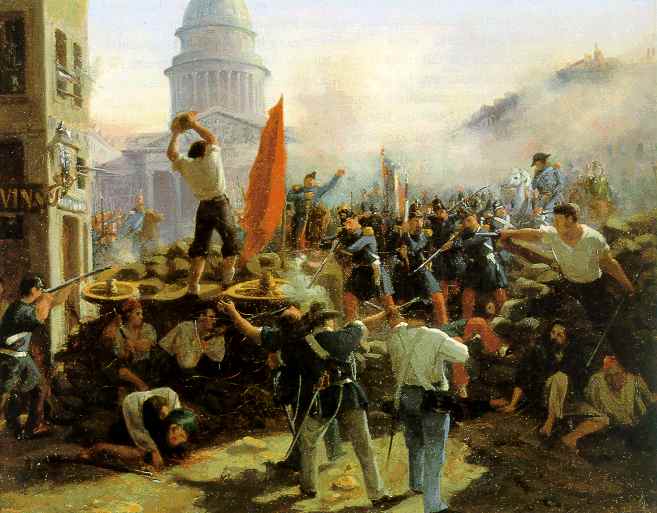
It’s only centuries later that people came to an understanding that religion and government should preferably not be mixed. Where all people have the same faith and values this is sometimes theoretically argued as no problem. However, the reality is that this theory has, and probably, will never occur. There are always some who have different faiths, ideology and values. To try to enforce uniformity on this is in fact an act of oppression to self determination and freedom of religion. The House of Habsburg today may encourage values that stem from a Christian, Catholic, heritage and culture, but which are equally found in many other religions. Christianity, Shintoism, Judaism, Buddhism, Islam and many other religions mostly advocate many of the same values. To all, let religion not divide our universal goal of peace and prosperity.
Since Charles V time the world has struggled and evolved. Although we have seen many horrors and still have many conflicts on this planet the world has become a better place, especially over the last three-quarter of a century, with lots of positive potential.
Good Governance
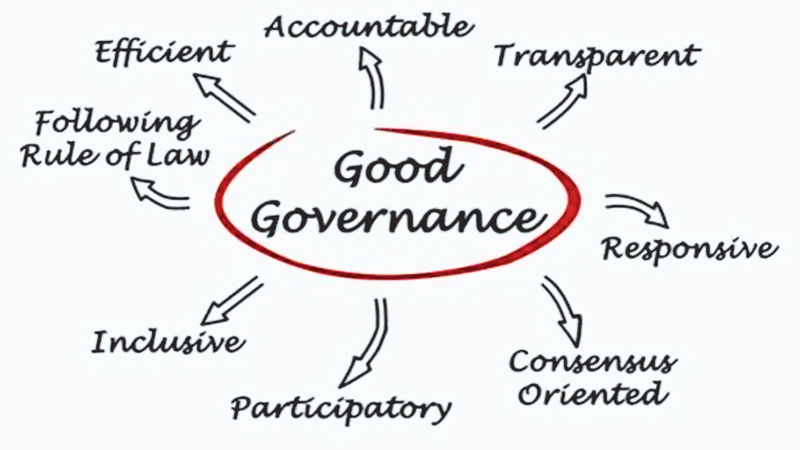
In our modern world, which evolves at a faster pace than ever, it is important that governments, regions and groups apply good governance. In an international setting we need to ensure that public institutions conduct public affairs and resources in the most peaceful and beneficial way benefiting all.
Good governance expectations and practices do not only apply to governments but also to corporate, local, national and international organisations. And of course to any other sectors of society. As such good governance can imply many different things in many different contexts. Let’s here just refer to governments. Governments have the responsibility to meet the needs of the masses. And in a liberal democratic sense this does of course also mean ‘all its people’. Not just select individuals or groups in society.
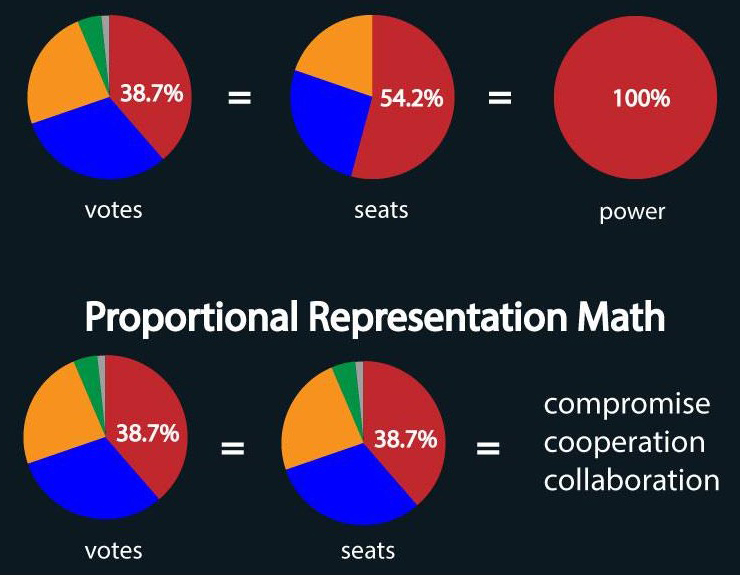
Since ancient history many forms of government have been tried and tested. It’s an opinion that in our modern world people are best served with a liberal democracy. However, there are many democratic countries using different systems of government and elections. The most fair and conductive seem to be the ones with proportional representation. Rather than having the majority rule any country is best served by cooperative governing. You don’t need to live in an outright dictatorship to feel frustrated with politics and feeling disenfranchised. In many countries this results in political apathy and resentment of the political class.
A Modern Europe as an Example for All
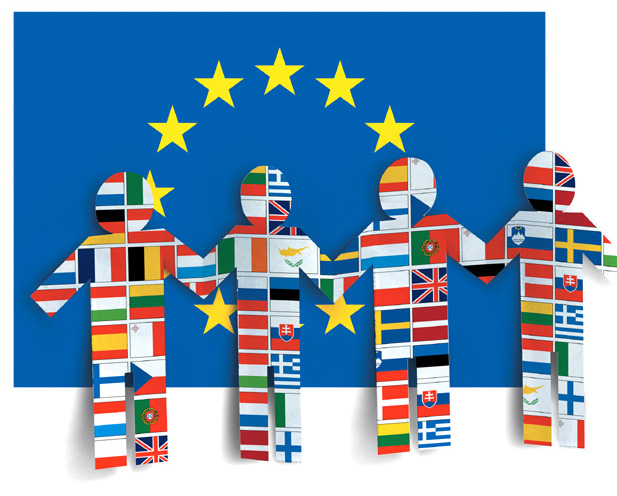
As we know very well, it is unusual for all to agree. And therefore strong democratic systems need to be in place to find common ground, fair decision making and where possible to come to compromises acceptable to all. In a modern setting Charles V would have been very pleased with the establishment of the European Union. Not an Union under one ruling house or one church, but a cooperation of countries for the greater good. As such the House of Habsburg fully supports the values of the EU.
Today the European Union’s values are “respect for human dignity and human rights, freedom, democracy, equality and the rule of law. These values unite all the member states – no country that does not recognise these values can belong to the Union. The aim of the European Union is to defend these values in Europe and promote peace and the wellbeing for its citizens. The EU member states are pluralistic. Nobody may be discriminated against; instead, people and government representatives must respect others and be tolerant. Everybody must be treated fairly. Minority rights must be respected. Equality is promoted and responsibility must be shared. The European Union works for social equality. It develops social security and tries to protect the weakest. It seeks to prevent social exclusion and discrimination.”
Exclusion and discrimination is still rive in all countries in the world, including in the EU. In fact, nationality is in modern history an accepted form of institutionalised discrimination. Your nationality determines your rights. Equality should ideally cross race, social status and even nationality. Only by working together in all our diversity and by caring for all will everyone prosper. Considering the world, we still have a long way to go.
The European Union is a cooperation of countries and not directive or a dictatorship. Therefore, if a country wants to go a different route it is free to do so. As such the United Kingdom has indicated to want a departure, Brexit. Although in the country the Brexit process is contested and mired with political and democratic issues. (On a sideline, we do not support the current Brexit as there have been shortcomings in the decision process.)
All countries need to allow people to exercise their human and liberal right to self determination. To quote, Hans-Adam II, Prince of Liechtenstein (The State in the Third Millennium), “Even in democratic constitutional states, some minorities, rightly or wrongly, feel disadvantaged. In a democracy, politicians orientate themselves toward the wishes of the majority in order to win elections, which the majority decides. Majority decisions can be unfair and the majority is not always right.” “A state model that is to secure peace, the rule of law, democracy, and the welfare of the population has to give up any claim to a monopoly on its territory.”
As the European Union needs to let the UK go, so do other countries need to respect the wishes of segments of their population. Being it minorities or regional/city identities. Where one would allow the breaking up of a country we should do this with both parties having the intention not to segregate from each other by hard borders, and allowing as much as possible future cooperation. As such the European Union is a very good example of how different entities can work together for their common good. New self determination, liberty, independence should not have the purpose of segregation and create closed borders or walls.
In recent history some of the people who have called for (real) self determination:
- Scots
- Catalan
- Kurdish
- Tibetan
- Hong Kongese
- Uighur
- Mongolian
- Taiwanese
- Catalans
- Irish
- Basques
- South Tiroleans
- Québécois
- Aboriginals (Australia, North and South America)
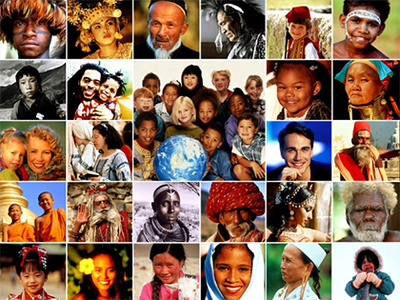
When we talk about closed borders or walls in the West we often think of the Iron Curtain. The West was of course very pleased when the Iron Curtain, the Berlin Wall, fell. The Iron Curtain was seen by many as the ultimate symbol of moral failure. An affront against liberty. “Free people don’t need walls”. A statement we certainly agree with.
Many don’t realise that the history and purpose behind the Iron Curtain was to keep people in. East Germany was not doing well and it’s people voted with their feet. The Iron Curtain was an, unfortunately reasonably successful, attempt to stop the exodus. Where it comes to walls many claim moral supremacy and today border walls are still being used, planned and build. Historic walls are often still in place and even reused. Yes, they are not always concrete or brick and can include (electrified) fences or natural obstacles. What many governments don’t seem to realise is that walls and unreasonably tight borders always seem to backfire. Other solutions are preferable and often work out better for all parties.
Walls
USA-Mexico
India-Bangladesh
Ireland-United Kingdom (still in place)
Israel-Palestine/Egypt, etc
Belize-Guatemala
Hungary-Croatia/Serbia/Romania
Mozambique-South Africa
China-North Korea
Norway-Russia
etc.
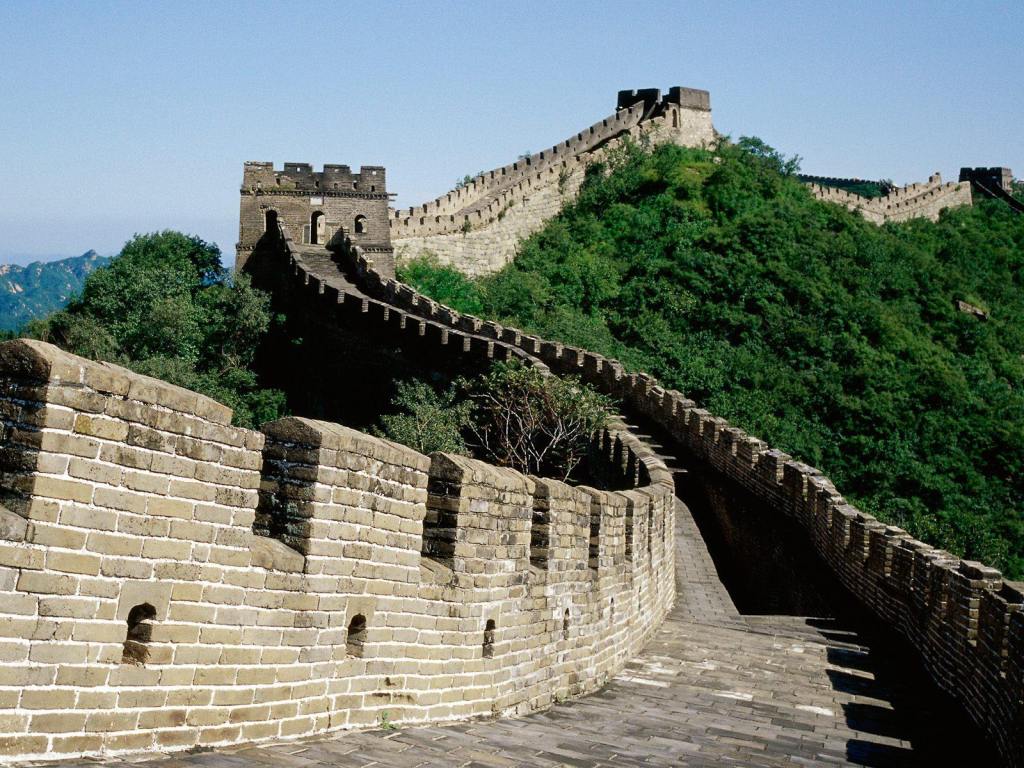
Liberty
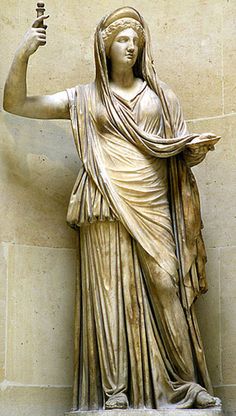
Throughout the ages all people have desired and desire liberty. Those who feel free are more often productive, creative and social. Forced or bureaucratic infringements on liberty creates many negatives from frustrations to outright violence. Recognising that a call for liberty is just, is recognising the good that can come out of it.
Having newly gained liberty, a responsibility is there for all. Not just for the newly created social community but also for the one you just left. Ultimately we are still neighbours and share and inhabit just one planet.
The House of Habsburg supports all people who peacefully desire self-determination and liberty. Although we understand that the fight for self-determination or liberty can end up in violence, we call for a calm and reflective approach allowing first all other peaceful avenues. Violence should be avoided. We reject any type of oppression or violence towards people based on their political, religious, or any other differences.
Armed Conflict, (Civil) War
It is an unfortunate reality that there are still countries in the world which have, or are under imminent threat of, armed conflict. Again, we call for a calm and reflective approach in trying to avoid or resolve violence. Where war is not stopped we encourage the courage for armies to battle each other on a battlefield. Civilians and populated areas should be avoided of being involved in any form of violence. For the really courageous we suggest just two opposite generals, or their champions, on two horses with lances or swords, and the armies and parties respecting the outcome. Ah, the old romantic visions of war… On a more serious note, the House of Habsburg sees any loss of private property or life as a war crime. There are other ways to resolve differences.
